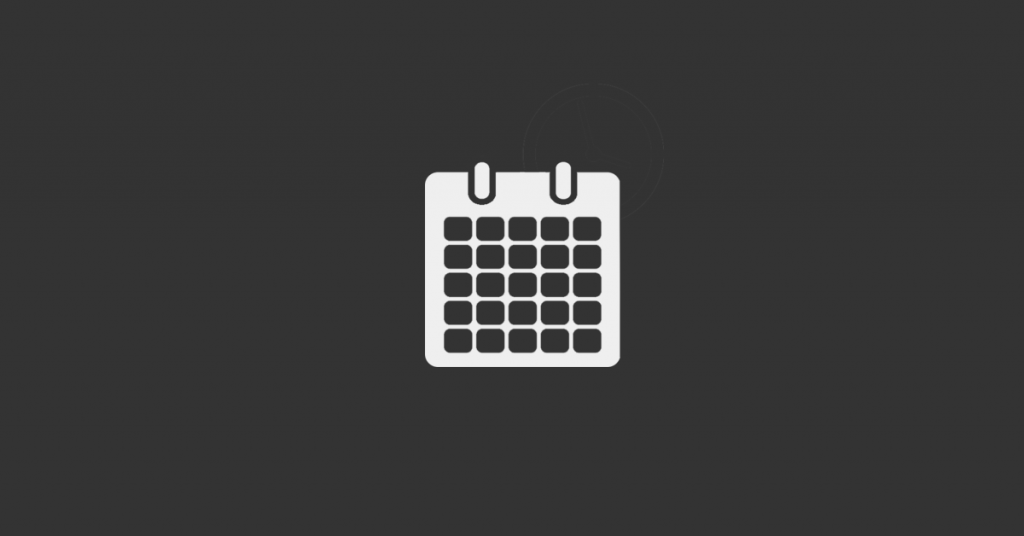Whether you’re paid by payroll check, direct-deposit transfer, or cash, you’re legally obligated to pay federal and state income taxes. While some business owners choose to pay their employees in cash to avoid paying some of their payroll taxes each year, this is a risky practice with serious financial consequences. Likewise, many employees who earn tips or receive a portion of their wages in cash may under-report their earnings. Some even fail to report their earnings altogether. This illegal practice also has serious consequences. So, how do I file taxes when I am paid cash?
Ways I Can File Taxes When I Am Paid Cash
If you own your own business and receive most of your revenue as cash, you’ll need to hire an accountant to help you set up an appropriate tax arrangement. Depending upon the size of your business and the scope of its dealings, you’ll need to incorporate as an:
- LLC
- Form an S-corporation
There are benefits and drawbacks to each course of action. If you’re a “tipped” employee and earn the bulk of your wages in cash, you’ll need to ask your employer how best to report your taxes. Most restaurants have a computerized system that will allow you to enter the number of cash tips that you wish to “claim” as taxable. You’ll repeat this operation before the end of each of your shifts. If you earn tips as a valet parking attendant or golf caddie and have no facility for claiming your tips electronically, keep track of your cash earnings over the course of the year and write the total amount on your Form 1040 when you file your taxes for the year.

Do You Have to Pay State or Federal Taxes on Money Received from a Life Insurance Policy?
If you earn all of your wages in cash and don’t receive a W-2 form from your employer, you’ll need to request a 1099-MISC form from your employer or contract provider at the end of the tax year. You’ll use this 1099-MISC to claim income that you received as an independent contractor or earned as interest or dividends.
Your employer or contract provider must keep track of the amount that they pay you over the course of the year. The IRS levies harsh penalties on businesses that fail to report 1099-eligible payouts of more than $600 to individual employees. If you don’t receive a 1099-MISC from your employer by the middle of February following the end of the tax year in question, contact the company and ask for one. You may need to remind your superiors of the consequences of not filing taxes.
